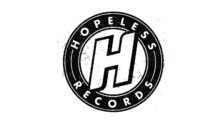Rachel Hahn, writing for Vogue:
Each season, Taymour carefully curates the artists whom she works with, based on both their shared values and their genuine interest in the brand. Last spring rising New York singer-songwriter Zsela performed alongside a verdant farmers market, while this season Taymour tapped Williams as well as Colombian-Canadian singer Tei Shi to take part in the show. “Hayley and I just met, but I was so impressed with her demeanor,” Taymour says. “She definitely has a similar energy to mine and was very easygoing…having people like that who are supportive of the brand makes the show much stronger because you can tell that they want to be there.”













